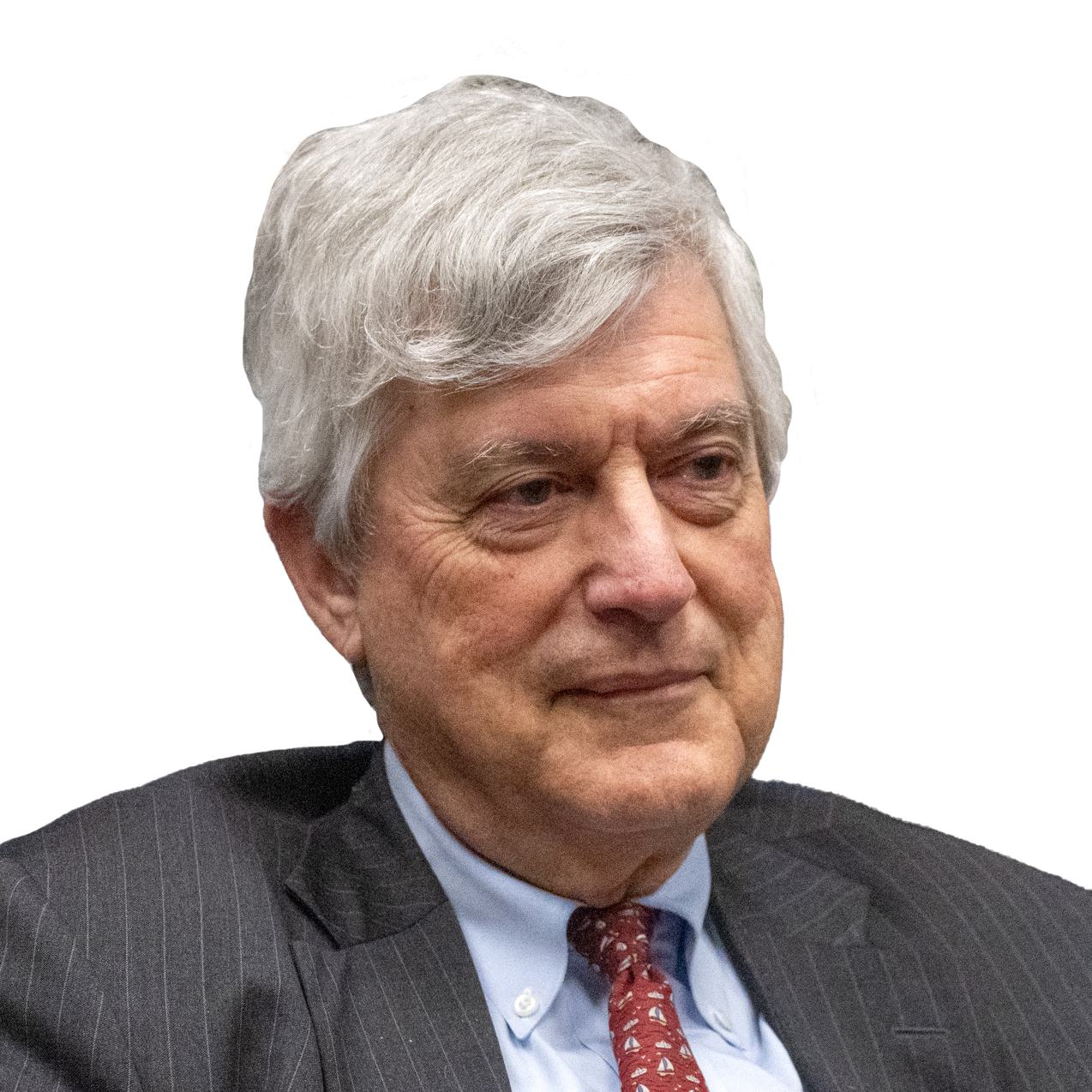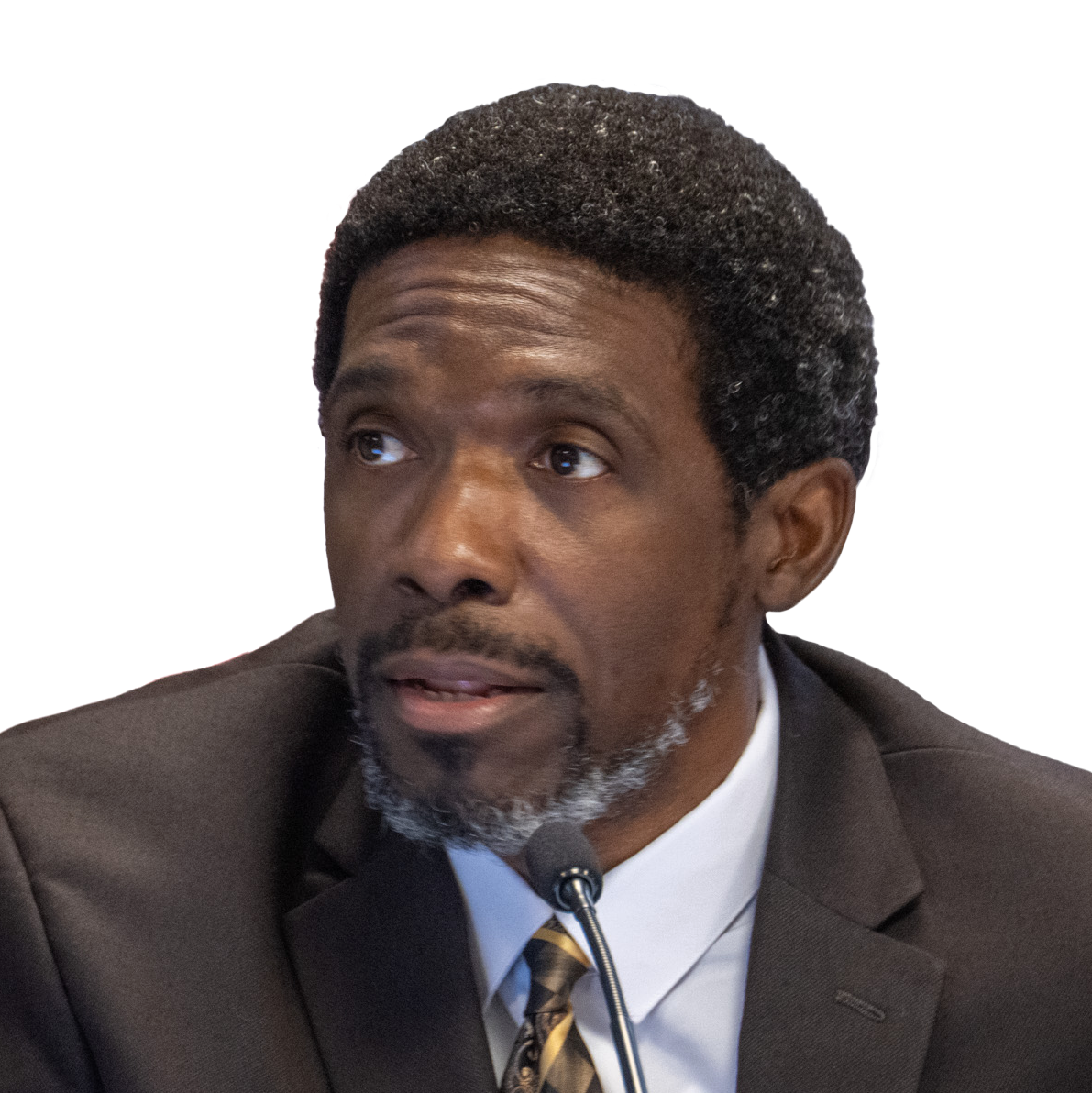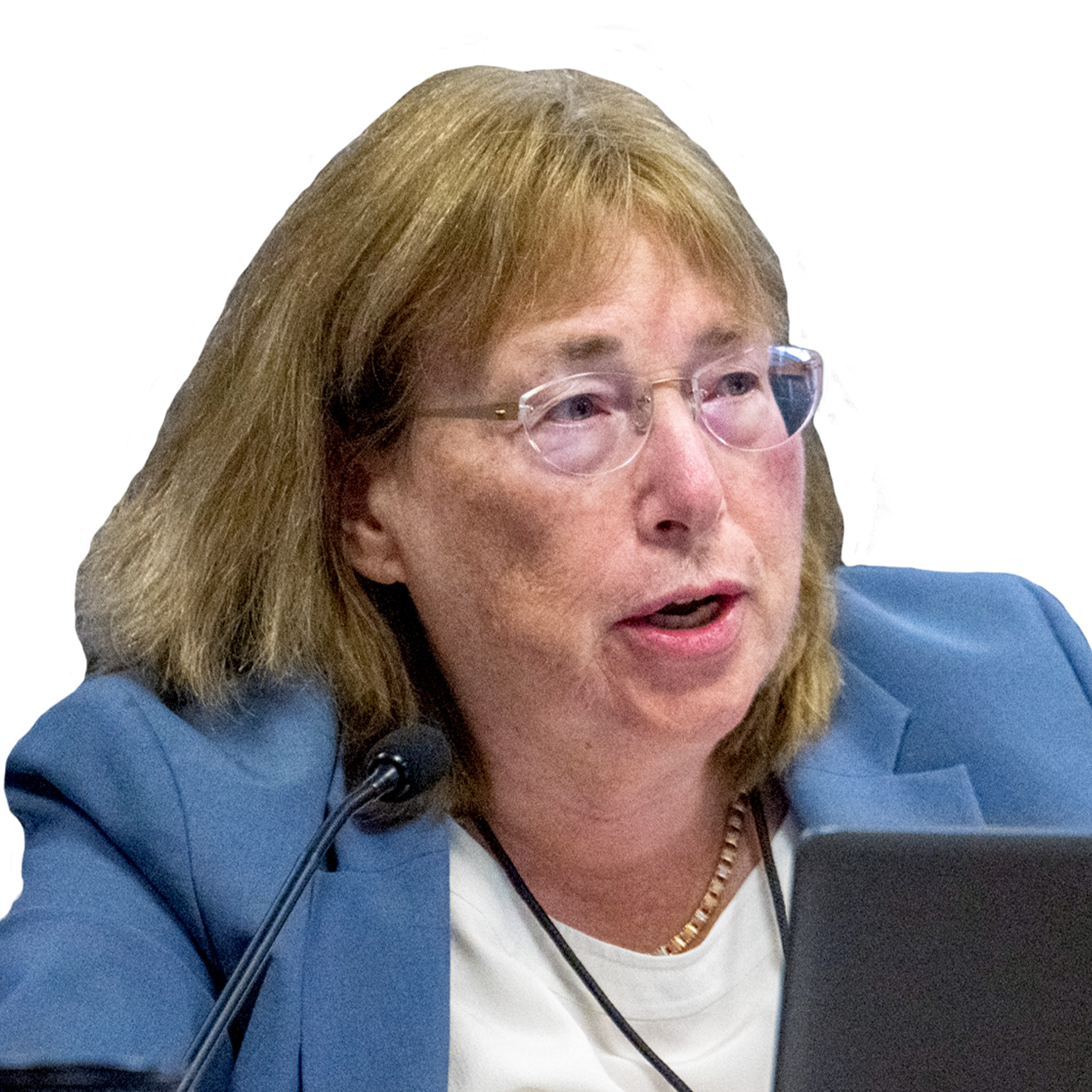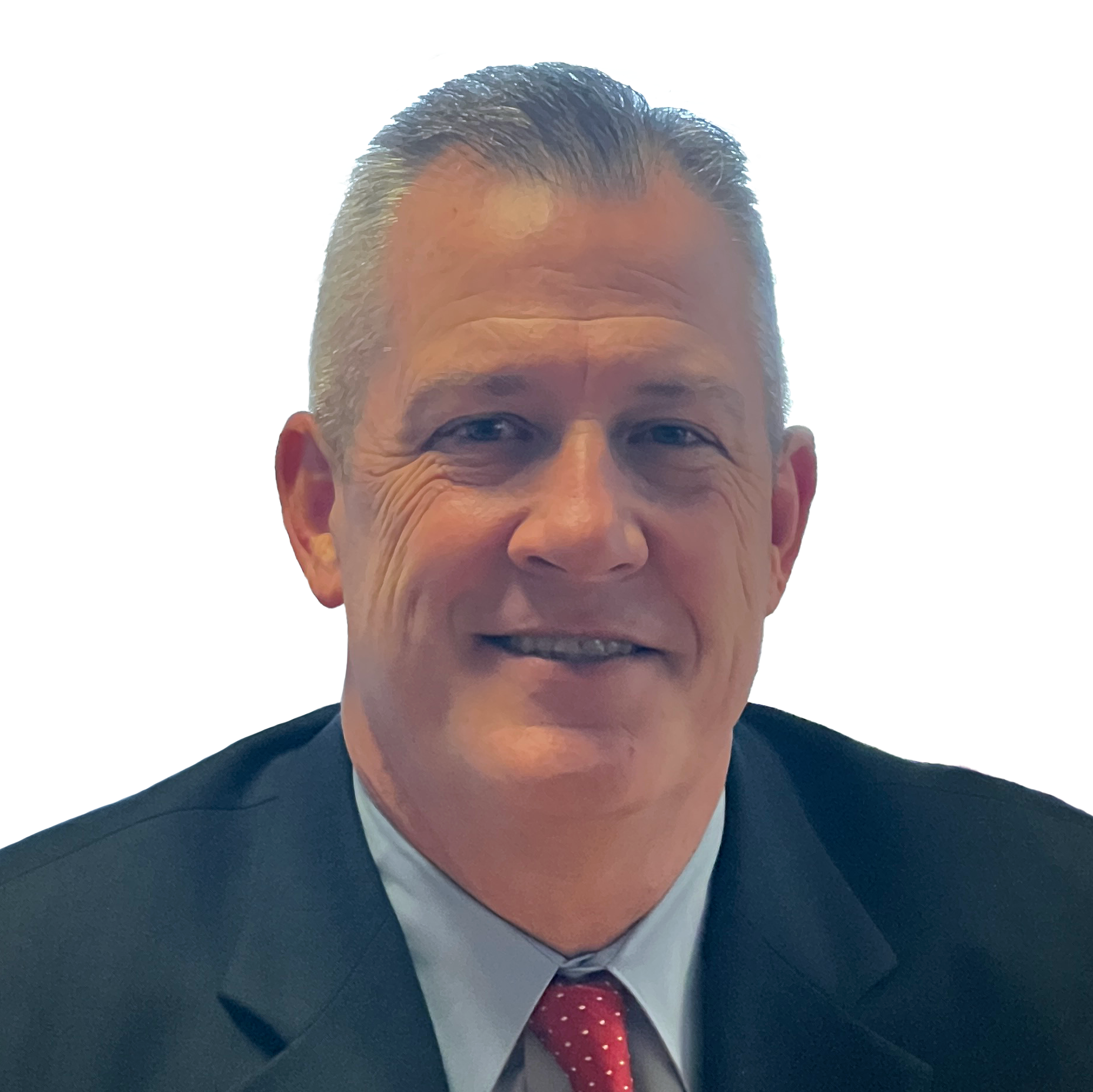Maryland is in an energy crisis. Sizzling summer temperatures and frigid winter freezes are driving up bills for Baltimore Gas and Electric Company’s roughly 1.3 million electric and 700,000 natural gas customers.
But BGE and other utility companies are embarking on several costly projects, like replacing natural gas pipelines and erecting miles of new transmission lines, which contribute to increasingly expensive delivery charges.
The companies don’t make these decisions alone. The Maryland Public Service Commission has the final say on whether BGE can raise its rates, and by how much.
Led by five governor-appointed commissioners, the independent state agency regulates electric, gas and some water utilities, telecommunication companies, and aspects of transportation, such as taxicab licenses.
Commissioners are appointed by the Maryland governor and approved by the state’s Senate to serve terms that begin on July 1 and end on June 30, five years later, in a staggered fashion. Some commissioners have left their posts early, and internal successors fulfill the remainder of those terms.
Landing the high-ranking role of commissioner mirrors that of a presidential appointee nomination, like the secretary of defense or secretary of commerce. The Senate Executive Nominations Committee holds confirmation hearings and probes the governor’s nominees.
Who really calls the shots on your gas and electric bill?
You may not know their names, but these five commissioners vote on every rate hike that BGE and other utilities propose.
Tap or click each card to learn more.

Hoover, appointed by Gov. Moore, was previously the assistant people’s counsel in the Maryland Office of People’s Counsel, spent over seven years as the director of the Maryland Energy Administration and was formerly senior director of the National Association of State Energy Officials.

Former Gov. Hogan appointed Linton in 2017 and reappointed him in 2022. He left the PSC in 2023, but was returned this year as a Moore appointee to replace former Commissioner Anthony O’Donnell.
Before becoming a Commissioner, Linton was a regulatory attorney for Baltimore Gas and Electric, deputy staff counsel for the PSC’s Consumer Dispute Resolution Unit and ran his law firm.

Suchman, appointed by Gov. Moore, previously ran a law firm and has more than 35 years of experience representing clients in the energy industry. She also worked at the U.S. Department of Energy during the Clinton administration and at a law firm representing the D.C. Public Service Commission.

Moore first appointed Barve in 2023 to replace former Commissioner Patrice Bubar, and reappointed Barve last year. Barve was a Maryland Delegate representing Montgomery County from 1991 to 2023.
As a delegate, he was the Majority Leader, chair of the environment and transportation committee and chair of the Montgomery County House delegation.

McLean is a former PSC Chief Judge. He was appointed by Moore in March and assumed his commission role on July 1.
McLean, a veteran of the U.S. Air Force and former assistant county attorney in Carroll County, joined the PSC in 2008 as an assistant staff counsel. He led the Public Utility Law Judge Division for nearly seven years before becoming a Commissioner.
Maryland lawmakers established the PSC in 1910, following the lead of other states like New York. The regulatory body was formed to balance powerful utility companies and the public’s need for reliable, safe and affordable service.
But some critics say the commission doesn’t ask BGE and others tough enough questions, or simply doesn’t understand the scope of costly projects that are funded by ratepayers.
BGE’s multiyear rate plan has been a point of contention since it was first approved in 2021. If BGE applies for its third three-year rate increase next year, the fate of ratepayers’ bills will once again be in the hands of the PSC.
What does the PSC regulate?
The PSC’s regulatory scope is broad. But they’re best known for their role in setting utility rates.
Read More
The commission is the last stop when BGE wants to raise rates, or when a clean energy company wants to erect a new solar farm. They also hold public hearings for proposed transmission line upgrades and investigate consumer complaints (One led to the recent refund of $6.5 million to 32,000 Maryland ratepayers.)
Also under the PSC’s purview: Electricity suppliers and generation stations, 22 water and water sewage systems in the state, bay pilots and the licensing of transportation network operators like taxi companies, Uber and Lyft.
The five commissioners consider proposals, applications and requests from utility companies and, like judges, issue a final order or ruling, which requires at least three votes. Similar to the U.S. Supreme Court, commissioners can also write dissenting opinions.
Other parts of the 145-employee agency are responsible for collecting records and reports from public service companies, inspecting equipment and addressing consumer complaints.
Some public service issues, though, go beyond state lines. Concerns about power grid reliability and interstate supply, for example, are often handled by the Federal Energy Regulatory Commission (FERC), a federal agency that is similar to the PSC.
However, the PSC can intervene in, or join a legal dispute of, certain FERC and federal cases.
How does the PSC work?
The PSC functions like a court. There are judges, lawyers and intervening parties with evidentiary hearings, testimonies, filings and dockets.
“We have a trial, in essence, where other parties analyze what the company is proposing and tell us, ‘Yes, this is proper and prudent and just and reasonable’ or, ‘No, what the company is asking for isn’t just and reasonable, and you should either deny it or change it,’” PSC Chairman Frederick Hoover said in an interview. “We take in all that evidence and testimony in our process and then render a decision as to how it goes forward.”
Individuals rarely join PSC cases, Hoover said.
It’s more likely that a public interest group or the Office of People’s Counsel intervenes on behalf of communities.
The Maryland Office of People’s Counsel, founded in 1924, is an independent state agency that represents the interests of Maryland residential utility customers. The OPC represents ratepayers in PSC, FERC and court proceedings.
The leader of the agency, known as the people’s counsel, is appointed by the state’s attorney general. Former Maryland Attorney General Brian Frosh appointed David Lapp to be the people’s counsel in 2021.
In addition to the OPC’s representation of ratepayers, individuals can provide public comments on cases by submitting them on the PSC’s website or attending a public hearing.
Public hearings are sometimes run by one of the commission’s six public utility law judges; other times, the commissioners run the hearings. Commissioners have been present at recent public hearings for the Maryland Piedmont Reliability Project, offshore wind projects and utility rate cases.
Commissioners say they consider comments made at public hearings when making their final ruling or final order.
Commissioners are available to the public during administrative meetings, typically at 10 a.m. each Wednesday. The meetings are viewable on the agency’s YouTube channel.
“People can actually show up — just like they would show up to talk to their county council or the Maryland legislature — they can come and talk to us, and they don’t need to be represented by lawyers," Hoover said.
Why does the PSC exist?
It was believed, before the 20th century, that some products and services — like gas, electric and telecommunication — “were better handled” by one entity rather than many, Hoover said.
Those entities were regulated and supervised by the state government. In Maryland’s case: the General Assembly.
But shortly after the turn of the century, a nationwide rage was mounting against corporations that had unilateral control over what many called “public services.”
That meant ferry operators, rail lines, and, of course, utility companies. Their natural monopolies on services and products allowed them to ignore complaints, skimp on services and charge high prices.
To some, these companies had become too powerful, while the companies bucked the idea of more regulation.
In 1909 and 1910, the public anger boiled over in Maryland. People demanded a public service commission that could listen to both corporations and customers and then decide: What is fair?
A cartoon in The Baltimore Sun illustrated the commission as a police officer standing between two men trying to stab each other and holding them apart by their shirt collars.
With the commission’s creation appearing inevitable, one editorial writer was livid when BGE’s predecessor tried to ram a long-term deal through the Baltimore City Council, which would have exempted the company from regulation for 20 years. The deal never happened.
When lawmakers finally passed legislation creating the PSC, The Sun’s front-page headline read: “The People Win.”
Banner reporter Giacomo Bologna contributed to this article.
A previous version of the graphic incorrectly identified the commissioner whom Barve replaced. It has been updated.





Comments
Welcome to The Banner's subscriber-only commenting community. Please review our community guidelines.